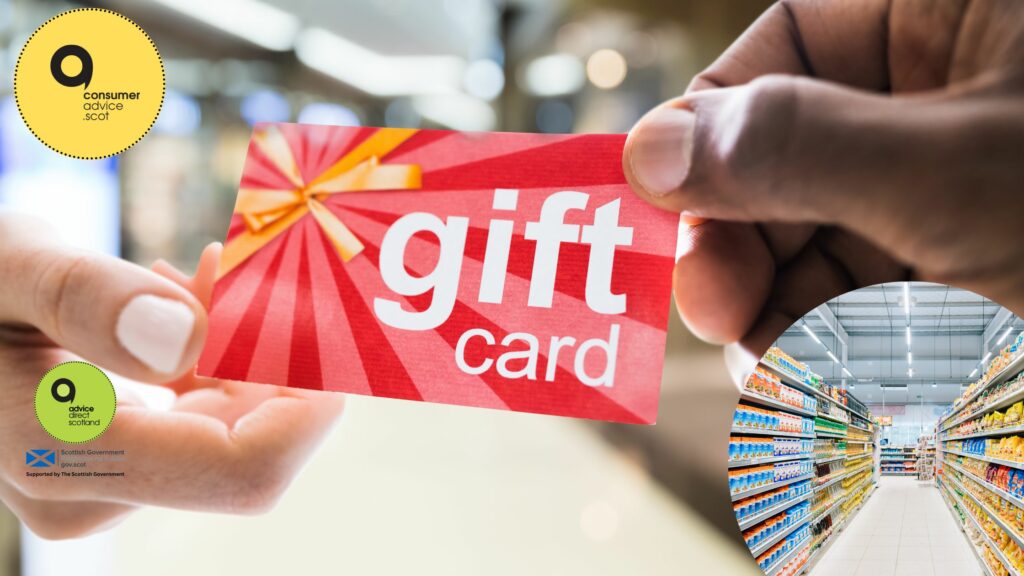
There are an increasing number of emails being sent to consumers, requesting entry to prize draws, or falsely claiming they have won prizes, including gift vouchers or products.
It is always best to remember that if it sounds too good to be true – it probably is.
Giveaway Signs of a Scam
These emails can be very convincing, containing logos and images to appear like they have been sent by official companies, such as supermarkets and other large retailers.
Scam emails can contain tell tale signs that often give them away as being fake attempts to gather your personal information. These signs can include long complex sender email addresses that have characters that would look out of place on any communication from official companies or organisations.
You can check the senders address by expanding the sender information that appears at the top of the email.
These emails may also contain spelling errors and blurry or pixellated images and logos – which could be a sign that these have been copy and pasted from the official company’s website or other promotional material.
Lengths to Seem Legitimate
Scam emails can also be very convincing, giving the appearance that they are from the official company or organisation. They may even be personalised to seem like they are reaching out from supermarket loyalty schemes.
When you receive an email making such a claim, it is important to avoid clicking on any links contained within them. This could take us to fake websites designed to gather our personal information, or worse – download software onto our mobiles, tablets, or computers that contain viruses.
Phishing
‘Phishing’ is a method used by scammers, reaching out to consumers through email or the post to gather personal or financial information. This is then used to perpetrate scams against the person or gathered with other information to carry out other scams in the future.
If you have supplied payment or financial information, such as card details or bank account numbers, you should reach out to the bank or card provider as soon as you can. They may be able to put a stop to any transactions that are pending, and in some cases get money back that you may have lost. You should also do this if money has been taken from any of your accounts.
Reporting Scam Emails
It is always a good idea to report scam emails to organisations like Advice Direct Scotland, and to the supermarket that the email claims to be contacting you from.
Some of the larger supermarkets have dedicated email addresses that you can forward scam emails on to. Tesco, for example suggest sending examples of fake giveaways and other phishing emails to phishing@tesco.com.
Advice Direct Scotland run consumeradvice.scot, Scotland’s national consumer advice service. We work with Trading Standards teams across the country to prevent scams and help people who have been targeted by scammers.
The team can take reports of scams, as well as advise on a range of consumer-related matters. They are available on 0808 164 6000 (Monday to Friday, 9am-5pm), or through the website at www.consumeradvice.scot.
You can also report suspected scams and suspicious activity using the Quick Reporting Tool at www.scamwatch.scot.


